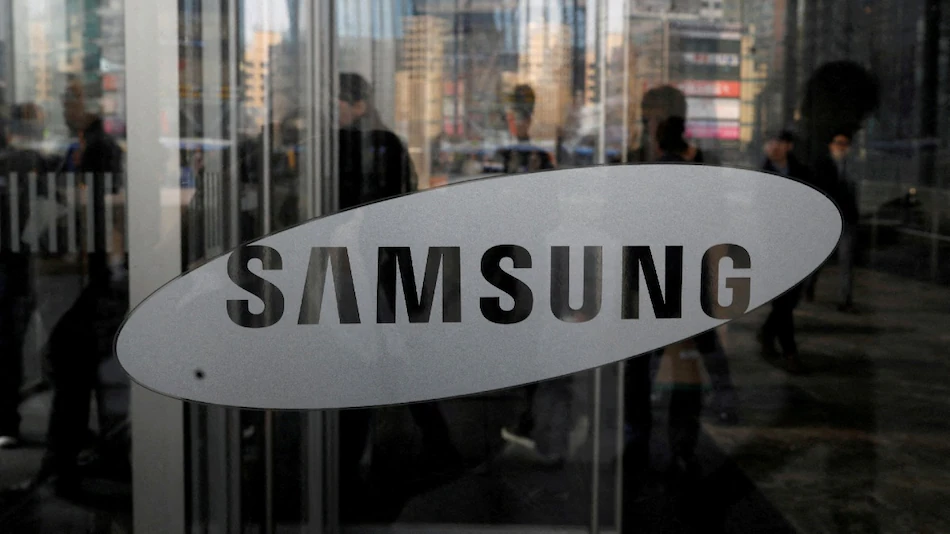Samsung is relatively optimistic about a rise in smartphone demand in the second half.
Samsung Electronics Ltd has scaled back production at its massive smartphone plant in Vietnam, employees say, as retailers and warehouses grapple with rising inventory amid a global fall in consumer spending.
America’s largest warehouse market is full and major US retailers such as Best Buy and Target Corp warn of slowing sales as shoppers tighten their belts after early COVID-era spending binges.
The effect is acutely felt in Vietnam’s northern province of Thai Nguyen, one of Samsung’s two mobile manufacturing bases in the country where the world’s largest smartphone vendor churns out half of its phone output, according to the Vietnam government.
Samsung, which shipped around 270 million smartphones in 2021, says the campus has the capacity to make around 100 million devices a year, according to its website.
“We are going to work just three days per week, some lines are adjusting to a four-day workweek instead of six before, and of course no overtime is needed,” Pham Thi Thuong, a 28-year-old worker at the plant told Reuters.
Reuters could not immediately establish whether Samsung is shifting production to other manufacturing bases to make up for reduced output from the Vietnamese factory. The company also makes phones in South Korea and India.
Samsung told Reuters it has not discussed reducing its annual production target in Vietnam.
The South Korean tech giant is relatively optimistic about smartphone demand in the second half, saying on its earnings call last week that supply disruptions had mostly been resolved and that demand would either stay flat or even see single-digit growth.
It is aiming for foldable phone sales to surpass that of its past flagship smartphone, the Galaxy Note, in the second half. It is expected to unveil its latest foldables on August 10.
But a dozen workers interviewed by Reuters outside the factory almost all said business is not good.
Thuong and her friends who have been working for Samsung for around five years said they had never seen deeper production cuts.
She said managers had told workers inventories were high and there were not many new orders.
Research firm Gartner expects global smartphone shipments to decline by 6 percent this year due to consumer spending cuts and a sharp sales drop in China.
Samsung is Vietnam’s biggest foreign investor and exporter, with six factories across the country, from northern industrial hubs Thai Nguyen and Bac Ninh where most phones and parts are manufactured, to Ho Chi Minh City’s plant making fridges and washing machines.
The South Korean company has poured $18 billion (roughly Rs. 1,43,190 crore) into Vietnam, powering the country’s economic growth. Samsung alone contributes one fifth of Vietnam’s total exports.
Its arrival nearly a decade ago in Thai Nguyen, about 65km (40 miles) from the capital Hanoi, transformed the area from a sleepy farming district into a sprawling industrial hub that now also manufactures phones for Chinese brands including Xiaomi Corp.
Generous benefits including subsidised or free meals and accommodation have lured tens of thousands of young workers to the region, but reduced workhours have now left many feeling the pinch.
“My salary was cut by half last month because I just worked four days and spent the remaining week doing nothing,” said worker Nguyen Thi Tuoi.
Job cuts are on some workers’ minds but so far none have been announced.
“I don’t think there will be job cuts, just some working hour cuts to suit the current global situation,” said one worker, declining to be named because she did not want to risk her team leader role.
“I do hope that the current cut will not last long and we will soon be back to normal pace.”

Source:gadget360.com

